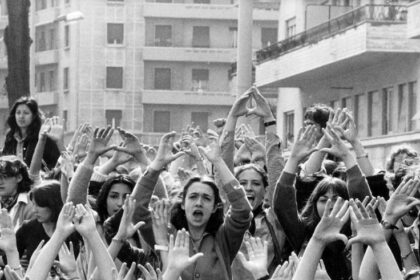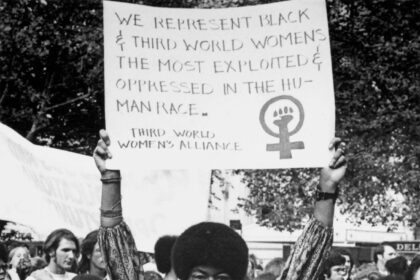I’d be lying if I said I don’t sit around gossiping with my friends. Whether it’s a late-night call, a free period in school, or an overly active WhatsApp group — there’s always some “tea” to spill. Someone always knows something, and someone always ends up being the topic. It feels harmless. We laugh, joke, and bond over stories — because we’re the ones telling them, not the ones being told.
But here’s what no one talks about:
Sometimes the words we say and forget the next day are the very words someone else remembers years later — not because they were funny, but because they hurt.
From Banter to Burden
In our culture — especially in desi teenage spaces — there’s this illusion that gossip is just a part of growing up. Boys do it, girls do it, and even teachers sometimes casually slip into it. Rumours spread like wildfire in classrooms, hallways, and online. And what starts as a whisper quickly becomes someone’s identity.
That one offhand comment about a classmate’s behaviour.
The screenshot that was sent to the wrong group.
That one “maybe true” story repeated without facts.
It all stacks up.
We don’t realise it, but our words can turn into bricks — and someone else ends up carrying the weight.
The Silent Impact
Ask anyone who’s ever been the centre of a rumour, and they’ll tell you — it’s not just embarrassing. It’s isolating. It makes you question your worth, your safety, and your place in the world. You walk into a room and wonder, “Do they all know?” even if no one is looking. You start hating the sound of your own name. You delete posts, avoid people, and stop showing up altogether.
And the worst part? No one sees the damage.
Because no one thinks they caused it.
We laugh it off.
They live with it.
Words Without Consequences?
We’ve created a culture where saying, “I was just joking,” is a get-out-of-jail-free card. But a joke doesn’t feel like a joke when it comes at someone else’s expense. And in Pakistan, where reputations stick harder than truth, a rumour doesn’t need to be real — it just needs to be heard.
A boy gets mocked for showing emotions.
A girl gets labelled for laughing too loud or texting the wrong person.
A student becomes the butt of every joke because of how they dress, speak, or exist.
And all it took was one sentence.
We’ve All Been Both
If we’re being honest, we’ve all played both roles.
We’ve laughed when we should’ve stayed silent.
We’ve stayed silent when we should’ve spoken up.
I’ve done it. I’ve said things I regret.
But I’ve also seen the other side — the shame in someone’s eyes, the way their laughter grows quieter, the way they shrink in spaces where they once shone.
It doesn’t matter who it happens to — guy or girl, loud or quiet — the damage is the same.
So What Now?
We don’t have to be saints.
We don’t have to stop talking altogether.
But we do have to be more conscious.
Before you repeat something, ask: Is this mine to share? Is this true? Is this kind?
Before you joke about someone, think: Would I laugh if it were about me?
And if you’ve hurt someone — even unintentionally — own it.
Apologise. Change. Grow.
Because the stories we tell have weight.
And the things we laugh off
might be the very things
someone else never heals from.
Let’s not let our words be the reason someone forgets how to feel safe in their own skin.

















I am very happy to read this. This is the kind of manual that needs to be given and not the random misinformation that’s at the other blogs. Appreciate your sharing this best doc.